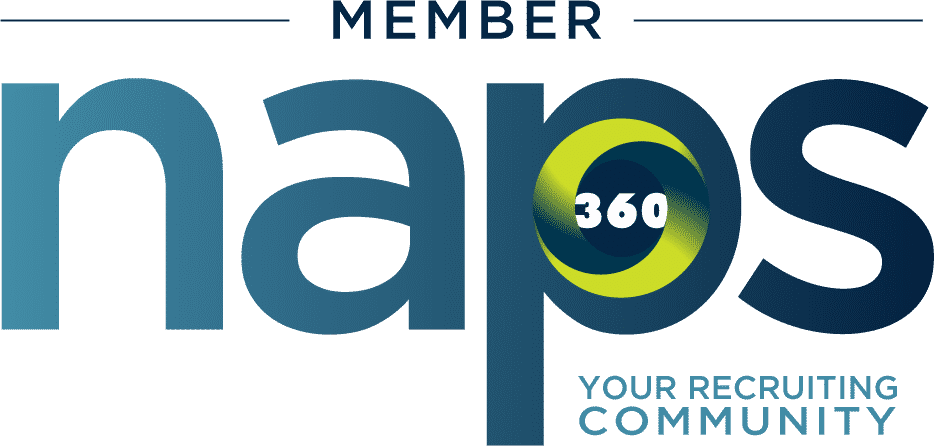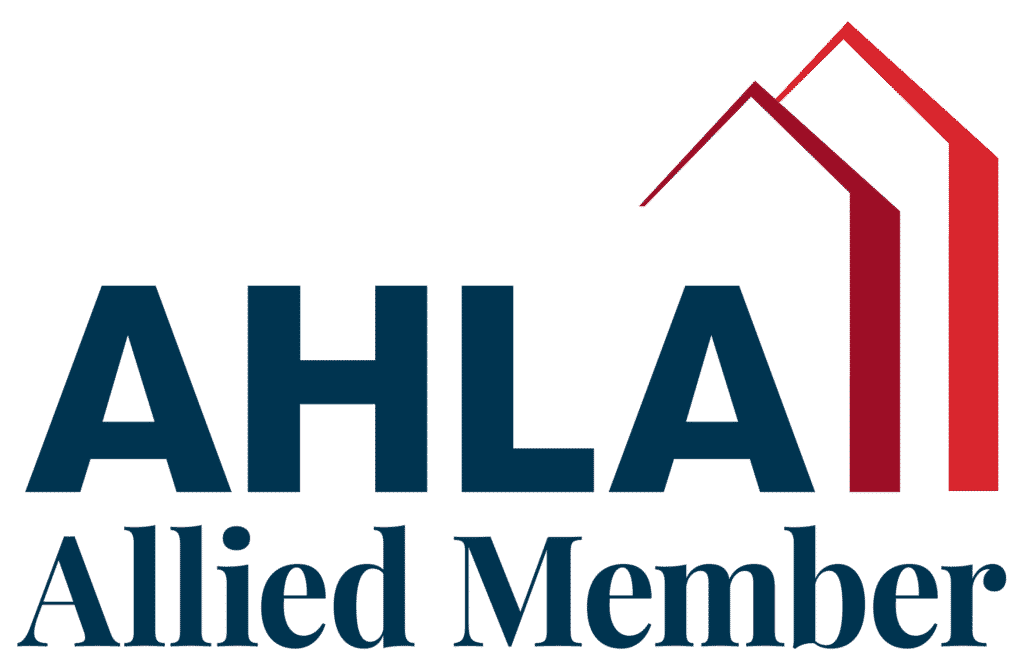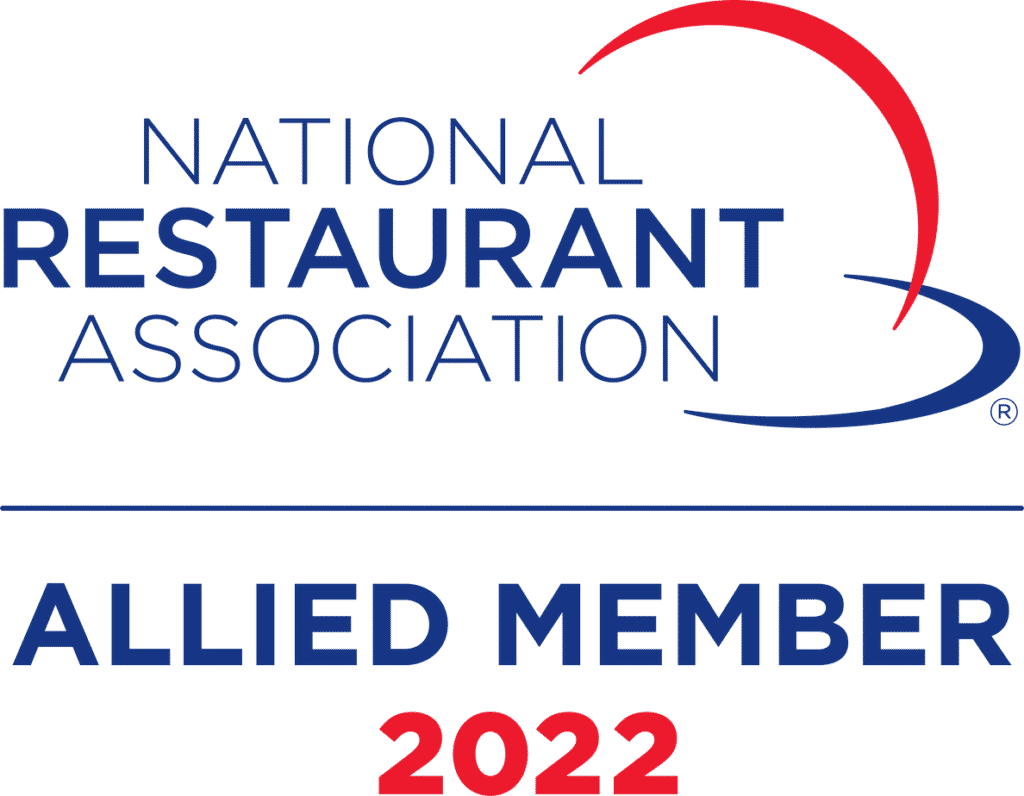Introduction:
When it comes to starting a new career, most articles offer basic advice that is redundant for experienced professionals. In this article, we will focus on tips specifically tailored for individuals vying for hospitality managers’ jobs in the $75,000 range or higher. We will explore some of the key factors that could cost you the job during the interview stage and provide practical solutions.
-
Company Research:
In-depth company research goes beyond simply knowing the company’s mission statement. It is crucial to demonstrate your ability to effectively research and understand the business you are interviewing for. Consider the following research avenues:
– Local businesses: Utilize resources like the local Better Business Bureau, government statistics office, newspapers, and industry magazines for valuable insights.
– Financials: Look into the company’s stocks, profitability, and potential factors affecting their financial standing.
– Employment situation: Understand the company’s hiring practices and target demographic.
– Company culture and management: Familiarize yourself with their management style, customer service orientation, and employee motivation techniques.
– Personal connections: If possible, visit the establishment and try to gather information about the office, management, and your potential boss.
-
Portfolio:
Creating a portfolio as a hospitality manager can make a significant impact. It demonstrates your capabilities and provides tangible evidence of your skills. Consider including items such as employee handbooks, protocols for handling employee problems, or any templates or processes you have developed to streamline operations. Having a physical portfolio to present during the interview can reinforce your claims and make you stand out among other candidates.
-
Bottom Line Financials:
Companies hire managers who can generate or save money. Highlight your ability to understand the importance of financials and statistics by showcasing concrete examples of cost-saving or profit-generating initiatives you have implemented in your previous roles. Demonstrating your understanding of the financial impact of your actions will impress potential employers.
-
Communication and Listening Skills:
Avoid stating the obvious about your communication skills during the interview. Instead, focus on answering questions effectively and concisely. Discuss the topics mentioned on your CV or resume in-depth and be prepared to elaborate on them. Additionally, highlight your active listening skills by listening attentively, avoiding defensive responses, and maintaining a confident and composed demeanor. Seek guidance from a career coach or a trusted individual who can help you manage your emotions, body language, and overall presentation.
-
Time Between Jobs:
Properly managing the time between jobs is crucial for maintaining a successful career trajectory. Taking too much time or engaging in a sabbatical can be detrimental to your prospects. Try to plan ahead and start preparing for your next job while still in your current position. This could involve upgrading your skills, taking additional courses, or engaging in relevant activities that can fill the gaps on your resume.
Conclusion:
To enhance your chances of landing a hospitality manager’s job, conduct thorough research on potential employers, create a portfolio to showcase your skills, highlight your understanding of financials, work on your communication and listening skills, and manage the time between jobs effectively. Finally, consider partnering with a recruitment firm to streamline the job search process and reduce your time spent unemployed. Remember, time is money, and effective job hunting can help you maintain your financial stability5 Mistakes to Avoid When Interviewing for Hospitality Management Jobs





